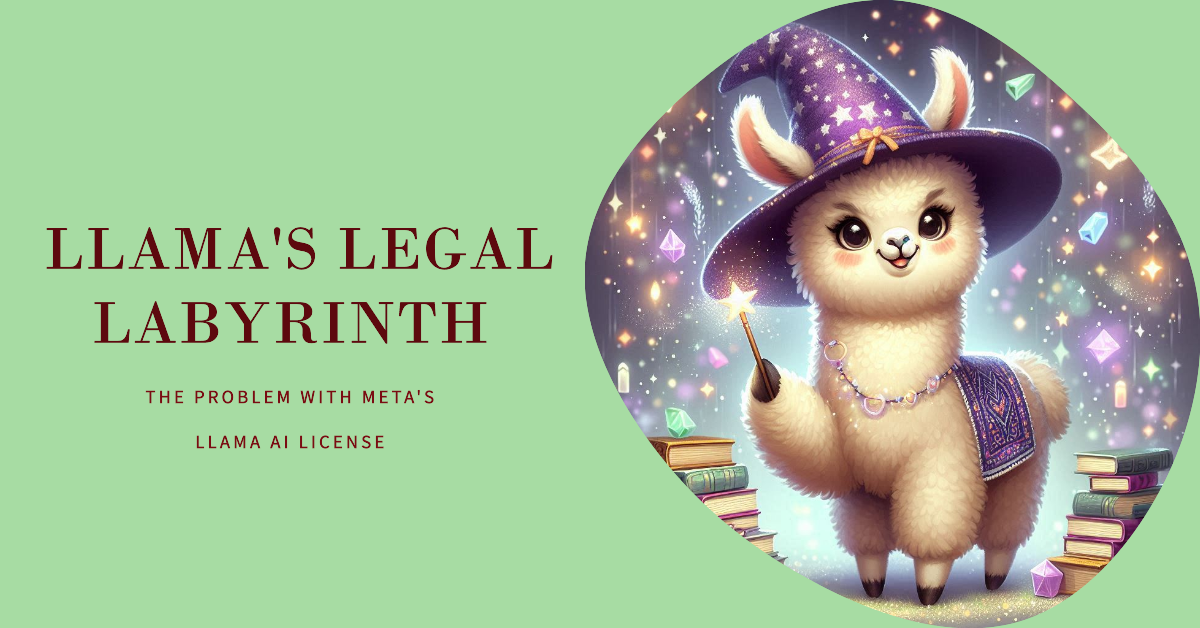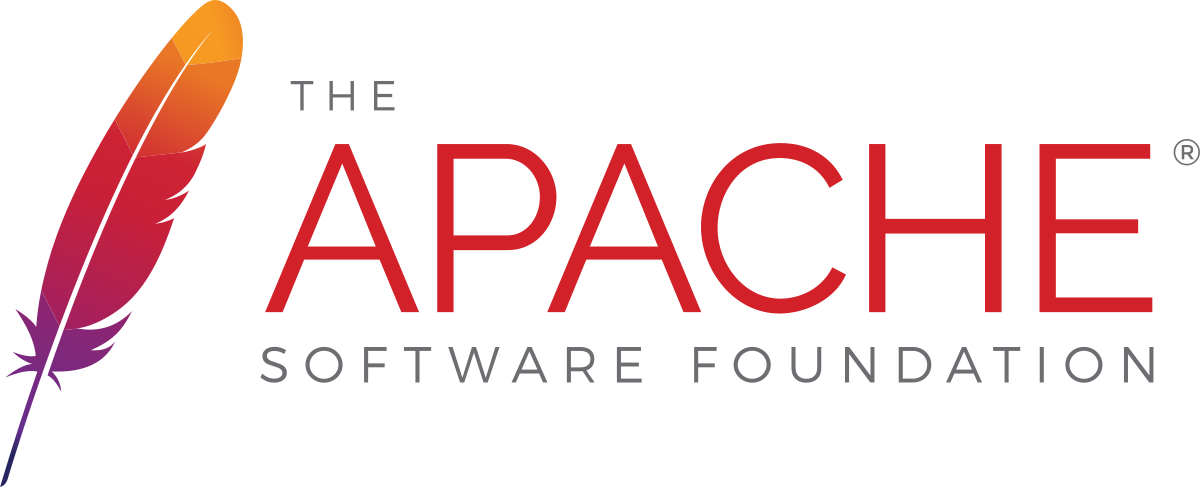
During my day job, I teach a number of computer science courses in the Information Engineering Technology programme at Ghent University. The release of ChatGPT and GPT-4 has a large impact on our education because it can get grades of above 80% on most exams and can effortlessly write essays on complex subjects. Students are aware of this, and are thus increasingly using Large Language Models (LLMs) in their education for a number of tasks.
- Writing code
- Explaining error messages
- Translate text
- Improving grammar and flow of texts
Rather than seeing this as “cheating”, our department has decided to embrace ChatGPT as much as possible. AI is becoming an increasingly important part of society and it is our responsibility to prepare students for that. This includes teaching them how to use AI effectively and responsibly. This is in line with recent guidelines from the European University Association.
“The higher education sector must adapt its learning, teaching and assessment approaches in such a way that AI is used effectively and appropriately. Universities must explore the responsible use of AI tools, in line with their mission, goals and values, and paying due regard to their legal framework and the broader consequences for and impacts on society, culture and the economy.”
Our first step in this embrace is to officially allow the use of AI for a master’s thesis. Below is the policy as communicated to the students. I publish it here with the hope of gathering some broader feedback on it and possibly help other educators navigate this difficult terrain. The policy specifically requires students to document how they used AI in their master’s thesis, so hopefully in a few months time, I’ll be able to report back here and give an overview of how students used these tools and what their results were.
Policy as communicated to students
This guideline explain how students of Master of Science in Information Engineering Technology at Ghent University can use AI programs such as ChatGPT, GitHub CoPilot and Google Bard in their master’s thesis.
The role of AI in digital society is increasing rapidly. Therefore, we want to teach students how to use AI responsibly and ethically. For this reason, using AI to write a master’s thesis and code is allowed, but the student remains responsible for the content and needs to add an attachment to their thesis detailing extensively how AI was used. It should explain which programs where used, what they were used for, and give some examples of the used prompts. Failure to do so is in violation of the academic integrity rules of our faculty.
Be aware of the limitations of AI and take the necessary precautions.
- If you provide minimum effort prompts, you might get low quality results. Refine your prompts in order to get good outcomes. Experiment with this.
- Don’t trust anything it says. If it gives you a fact, assume it is wrong unless you can check it with another source. If it gives you a reference, read the reference to see if it exists and if it agrees with the generated text. You are responsible for any errors or omissions. This type of AI works best for topics you understand.
- Be aware that some low-effort prompts return very similar results to different users. Other prompts might return text straight from other sources without proper citation. You are responsible to make sure your use of AI does not result in plagiarism. For this reason, it is not advised to let the AI write entire paragraphs from scratch.
- Do not give sensitive or personal information to online AI. If your thesis is in collaboration with a company, discuss with them what kind of information you are allowed to share with the AI.
For tips on how to effectively use AI; take a look at How to use ChatGPT to boost your writing. Note that there are a number of interesting AI projects that can help you with writing. Some projects such as Grammarly are a lot more objective and hallucinate less.





